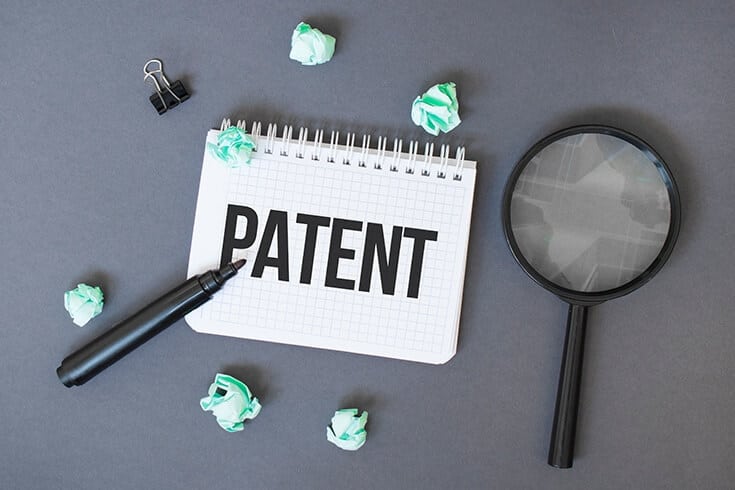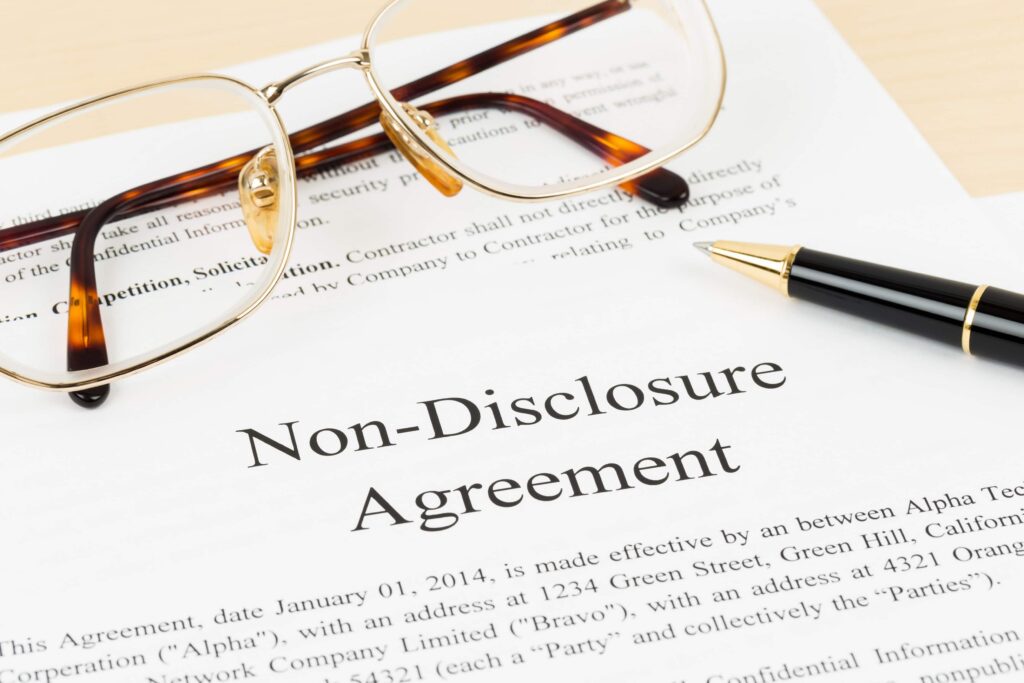Regulations on Advertising Medical Devices: What is the Japanese Pharmaceuticals and Medical Devices Act?
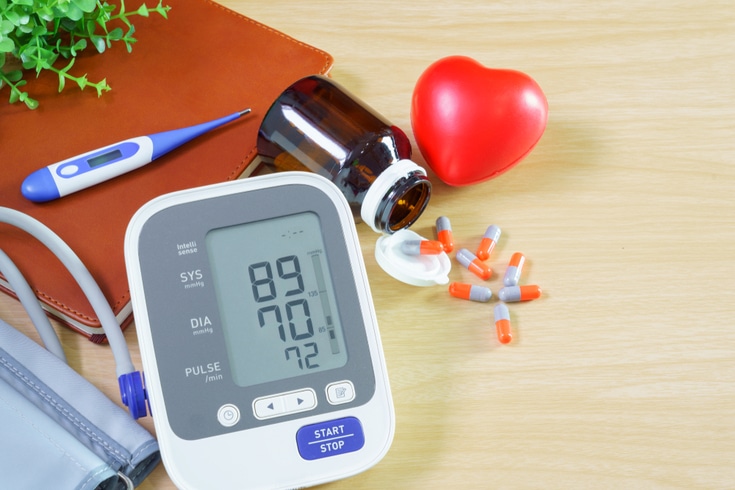
There are various types of medical devices. Some of these can have a significant impact on our bodies and health.
If inappropriate advertisements for such medical devices are published, there is a possibility that people who believe the content of these inappropriate advertisements may purchase and use the medical devices, resulting in serious health damage.
Therefore, the advertising of medical devices is regulated by the Japanese Act on Securing Quality, Efficacy and Safety of Products Including Pharmaceuticals and Medical Devices (hereinafter referred to as the “Pharmaceuticals and Medical Devices Act”).
In this article, we will introduce the legal regulations on advertising medical devices for business operators who are considering advertising medical devices.
https://monolith.law/corporate/medical-supplies-law[ja]
https://monolith.law/corporate/cbd-ad-pmd-restriction[ja]
Advertising Regulations for Medical Devices as Stipulated in the Japanese Pharmaceutical and Medical Device Act
The Japanese Pharmaceutical and Medical Device Act (薬機法) regulates the advertising of medical devices to ensure their quality, effectiveness, and safety, as well as to prevent health hazards caused by their use. The regulations include the following:
- Prohibition of exaggerated advertising (Article 66)
- Prohibition of advertising medical devices before approval (Article 68)
In the following, we will explain in detail the advertising regulations for medical devices under the Japanese Pharmaceutical and Medical Device Act.
What is the Legal Definition of Medical Devices?
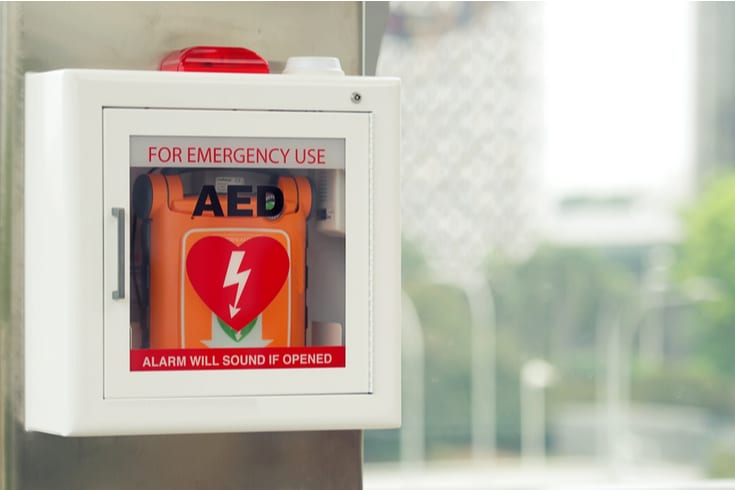
The definition of “medical devices” is stipulated in Article 2, Paragraph 4 of the Japanese Pharmaceutical and Medical Device Act (PMD Act).
(Definition)
In this Act, “medical devices” refer to machinery, equipment, etc., (excluding regenerative medicine products) that are intended to be used for the diagnosis, treatment, or prevention of diseases in humans or animals, or to affect the structure or function of the human or animal body, as specified by Cabinet Order.
From the above definition, in order to be considered a “medical device”, it must meet one of the following criteria:
- It is used for the diagnosis, treatment, or prevention of diseases in humans or animals
- Its purpose is to affect the structure or function of the human or animal body
Please note that regenerative medicine products are excluded from the definition of “medical devices”, and therefore do not fall under this category.
Examples of medical devices that are familiar in our daily lives include thermometers, blood pressure monitors, and contact lenses.
Additionally, Automated External Defibrillators (AEDs) are also included in the category of medical devices.
Regulation of Advertising Expressions for Medical Devices

The regulation of advertising expressions for medical devices targets exaggerated advertisements and advertisements for medical devices before approval, as mentioned earlier.
Applicability of “Advertising”
Under the Japanese Pharmaceutical and Medical Device Act (PMD Act), there is no definition provided for “advertising” in relation to “medical devices”.
However, the term “advertising” is used in the provisions of the PMD Act, and without understanding what constitutes “advertising”, it is impossible to determine the applicability of the PMD Act.
Therefore, it is necessary to consider the significance of “advertising”.
The requirements for “advertising” under the PMD Act are published in the following “Applicability of Advertising for Pharmaceuticals, etc. under the Pharmaceutical Affairs Act” (Notification of the Director of the Surveillance and Guidance Division, Pharmaceutical Safety Bureau, Ministry of Health, Labour and Welfare, dated September 29, 1998 (Heisei 10) to the heads of prefectural health departments (bureaus)).
Specifically, if the following three requirements are met, it is considered “advertising”.
- There is a clear intention to attract customers (to stimulate customers’ desire to purchase)
- The product name of the medical device is clearly disclosed
- It is in a state that can be recognized by the general public
https://www.mhlw.go.jp/bunya/iyakuhin/koukokukisei/dl/index_d.pdf[ja]
About the Entities Subject to Advertising Regulations for Medical Devices
The point to note about the entities subject to advertising regulations for medical devices is that there is no limitation on the entities, and anyone can be subject to the regulations.
Therefore, even if you are not a business operator selling medical devices, if you advertise medical devices, you will be subject to the regulations of the PMD Act.
What Kind of Expressions are Subject to Regulation?
As mentioned earlier, the targets of regulation under the PMD Act are the prohibition of exaggerated advertisements, etc. (Article 66) and the prohibition of advertisements for medical devices before approval (Article 68).
Therefore, we will explain in detail about each advertising regulation below.
About the Prohibition of Exaggerated Advertisements, etc. for Medical Devices (Article 66)
Article 66 of the PMD Act stipulates the prohibition of exaggerated advertisements, etc. for medical devices as follows.
(Exaggerated Advertisements, etc.)
Article 66 No person shall advertise, describe, or disseminate false or exaggerated articles regarding the name, manufacturing method, efficacy, effect, or performance of pharmaceuticals, quasi-drugs, cosmetics, medical devices, or regenerative medicine products, whether explicitly or implicitly.
2 Articles that may be misunderstood as being guaranteed by a doctor or other person regarding the efficacy, effect, or performance of pharmaceuticals, quasi-drugs, cosmetics, medical devices, or regenerative medicine products shall be deemed to fall under the preceding paragraph.
3 No person shall imply abortion or use obscene documents or drawings in relation to pharmaceuticals, quasi-drugs, cosmetics, medical devices, or regenerative medicine products.
The content of the prohibition of exaggerated advertisements, etc. for medical devices can be summarized as follows.
- Prohibition of advertising, description, and dissemination of false or exaggerated articles about the name, manufacturing method, efficacy, effect, or performance of medical devices
- Prohibition of advertising, description, and dissemination of articles that may be misunderstood as being guaranteed by a doctor or other person regarding the efficacy, effect, or performance of medical devices
- Prohibition of implying abortion or using obscene documents or drawings in relation to medical devices
Typical examples of exaggerated advertisements, etc. for medical devices are cases where advertisements are made as if there is a significant effect, even though there is no effect at all or almost no effect on the medical device. Other examples include cases where advertisements were made showing specific data as if there was evidence for the effect of the medical device, but the specific data was falsified false data.
About the Prohibition of Advertising for Medical Devices Before Approval (Article 68)
Article 68 of the PMD Act stipulates the prohibition of advertising for medical devices before approval as follows.
(Prohibition of Advertising for Pharmaceuticals, Medical Devices, and Regenerative Medicine Products Before Approval)
Article 68 No person shall advertise the name, manufacturing method, efficacy, effect, or performance of a pharmaceutical, medical device, or regenerative medicine product prescribed in Article 14, paragraph 1, Article 23-2-5, paragraph 1, or Article 23-2-23, paragraph 1, which has not yet received approval or certification under Article 14, paragraph 1, Article 19-2, paragraph 1, Article 23-2-5, paragraph 1, Article 23-2-17, paragraph 1, Article 23-25, paragraph 1, or Article 23-37, paragraph 1, or Article 23-2-23, paragraph 1.
The prohibition of advertising for medical devices before approval applies to advertising related to the name, manufacturing method, efficacy, effect, or performance of medical devices before approval (or certification).
Regarding the prohibition of advertising for medical devices before approval, even if the device is approved overseas, if it is not approved in Japan, advertising it would violate the prohibition of advertising for medical devices before approval, so caution is required.
Conclusion
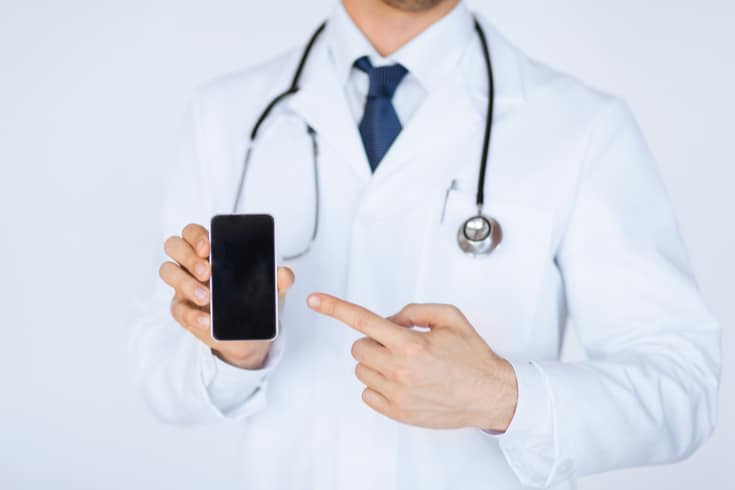
In conclusion, we have introduced the legal regulations concerning the advertisement of medical devices, targeting businesses considering advertising medical devices.
When it comes to advertising medical devices, there is a risk of violating the Japanese Pharmaceuticals and Medical Devices Act if you publish an advertisement without carefully examining its content.
Therefore, businesses considering advertising medical devices need to be cautious.
Whether or not an advertisement violates the regulations on medical device advertising is determined based on the actual effects of the medical device and the content of the advertisement being considered.
In order to determine whether an advertisement for a medical device violates the Japanese Pharmaceuticals and Medical Devices Act, it is necessary to make a professional judgment.
Therefore, we recommend that businesses considering advertising medical devices consult with a lawyer who has specialized knowledge in this area.
Introduction to Our Firm’s Measures
Monolith Law Office is a legal office with high expertise in both IT, particularly the Internet, and law. In recent years, violations of the Japanese Pharmaceutical and Medical Device Act (薬機法) have become a significant issue in areas such as online advertising, and the need for legal checks is increasingly growing. Our firm analyzes the legal risks associated with businesses that have already started or are about to start, based on various legal regulations. We aim to legalize businesses as much as possible without stopping them. Details are described in the article below.
Category: General Corporate




